Word list

This is a list of some words used in the Easy Read information on IDMH connect
It tells you what the words mean.
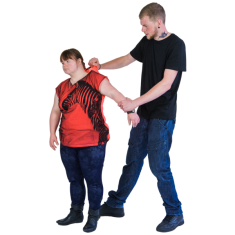
Abuse
Abuse is when someone says or does something to hurt you or make you feel bad.
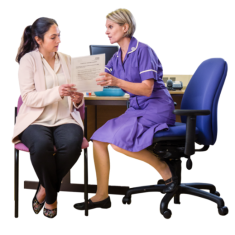
Access
Access means you have the right to get the same health care as other people.

Accessibility features
Accessibility features are features that can help you use the website.
For example you can
- Change the size of the writing
- Have the text read out

Acute care teams
Acute care teams see people with a mental illness who need help right away.
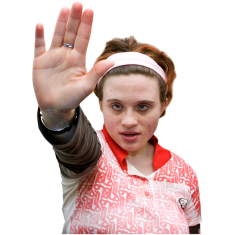
Adjournment
An adjournment is when the Mental Health Review Tribunal decides that the hearing must be held later.
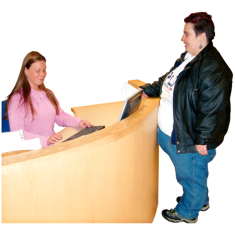
Admission
Admission is when you come to stay in hospital.
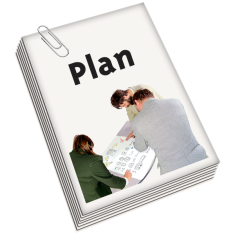
Advance Care Directive
An Advance Care Directive is something written.
It tells people what you want to happen if you are very sick or dying.

Advance care planning
Advance care planning means making decisions about the health care you want in the future.
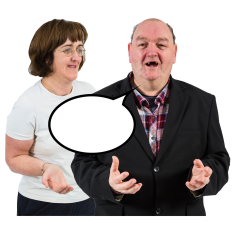
Advocacy
Advocacy is having your voice heard so your rights and needs are met.
You can have needs in many areas of your life.
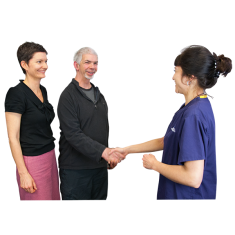
An advocate
An advocate is someone who speaks up to get you the support you need.
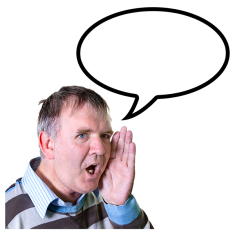
To advocate
To advocate is you or someone else doing things so that your rights and needs are met.
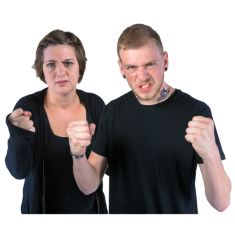
Aggressive
To be aggressive means you are more violent or angry towards other people.
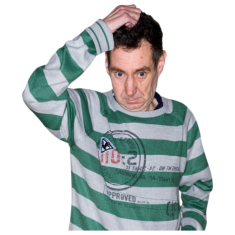
Anxiety
Anxiety is when people feel worried about what is going to happen in the future.
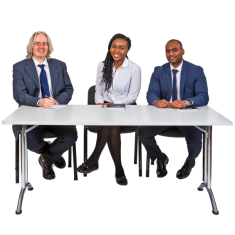
Appeal
An appeal means you ask someone to have another meeting.
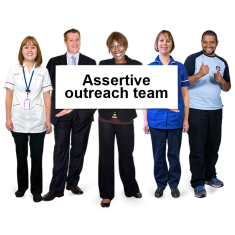
Assertive outreach team
Assertive outreach teams provide care and support to people with
- Serious mental illness
- Complex issues
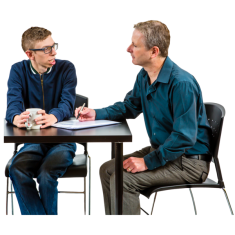
Assessment
An assessment is when a mental health or disability worker asks you questions about you and your health.
They use this information to work out the best way to help you.
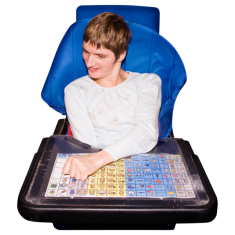
Assistive technology
Assistive technology is physical support or equipment to support you to do something more easily.
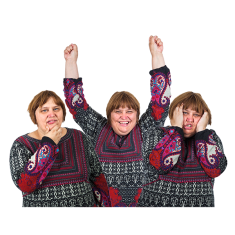
Bipolar disorder
Bipolar disorder is when people feel very down sometimes and have lots of energy at other times.

Bisexual
Bisexual means people who are attracted to both men and women.
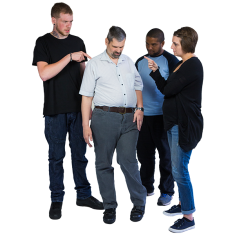
Bullying
Bullying is when someone or a group of people are mean to you on purpose.
This could be more than one time.
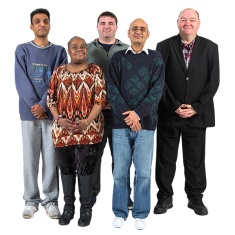
Culturally and linguistically diverse
Culturally and linguistically diverse is used to describe the wide range of cultures, religions, and languages that people in Australia identify with.
Culturally and linguistically diverse is known as CALD for short.
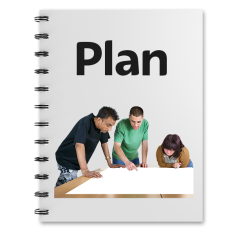
Care plan
A care plan is a list of things you can do to help you get better.
A care plan is sometimes called a treatment plan.
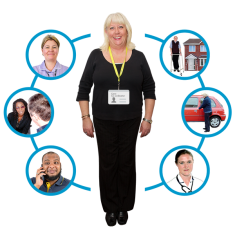
Care or support coordinator
A care or support coordinator is a person who helps plan and organise
- Your care
- Other services you get
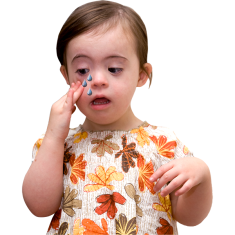
Child welfare
Child welfare protects children from harm by
- Giving support
- Making sure they have a safe place to live

Citizen advocate
Citizen advocates are community members who advocate for people.
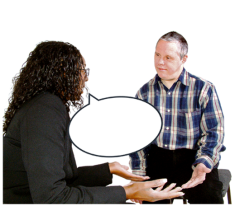
Cognitive Behavioural Therapy
Cognitive Behavioural Therapy is a common talking therapy.
Cognitive Behavioural Therapy is called CBT for short.
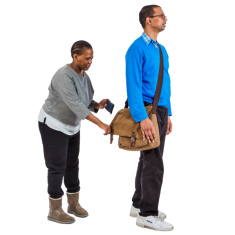
Committing a crime
Committing a crime means the person has broken the law.
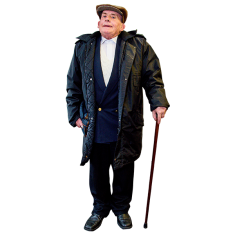
Commonwealth Aged Care System
The Commonwealth Aged Care System is support from the government for older people.
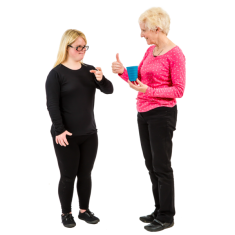
Communicate
To communicate is how you understand and share your feelings or information.

Community transport
Community transport is transport options organised by
- Groups in your community
- Organisations in your community
- Your local government
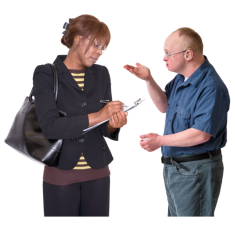
Complaint
A complaint is when you let someone know you are not happy with something.

Confidentiality
Confidentiality means that information about you must not be shared with others unless you say that it is OK to share.
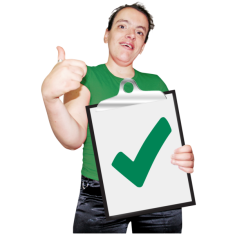
Consent
Consent is when you give permission or agree that something is OK.

Cope
To cope means you can deal with difficult things.
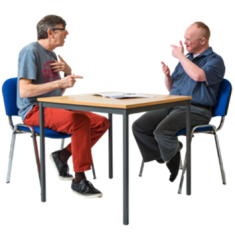
Counselling therapy
Counselling therapy is when you chat with mental health workers about
- Issues in your life
- Ways you can fix these issues
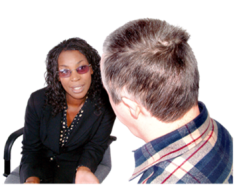
Counsellor
A counsellor is a health worker.
You can communicate with them about problems in your life.
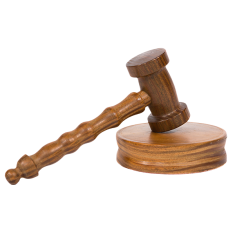
Courts
The courts are where people decide if someone has broken the law.

Crisis
A crisis is when you are in danger or are very upset.
You are in danger if you could be hurt or injured.
For more information about a crisis click the Emergency Help button https://www.idmhconnect.health/emergency-help/ER
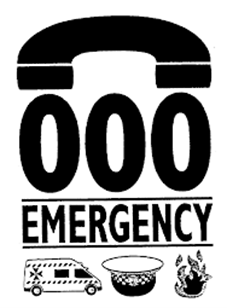
Crisis services
Crisis services are services that protect people who are at risk of harm
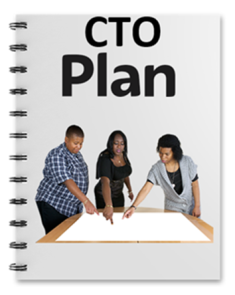
A CTO is a Community Treatment Order.
A CTO is a plan for you to get your mental health treatment in the community without having to stay in hospital.
You must follow the rules in the plan.
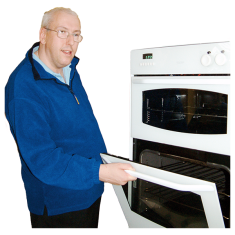
Daily life skills
Daily life skills are tasks you need to do to care for yourself.
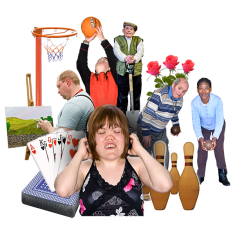
Day centre
A day centre is a place where you may go during the day to see friends and take part in activities.

Debt
Debt means that you owe money.

Degree
A degree is something you get after you do higher education study.
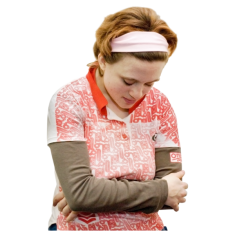
Depression
Depression is when people
- Feel very sad or down for a long time
- Might not feel like doing the things you usually do

Diagnosis
A diagnosis is when a doctor gives your health condition a name.
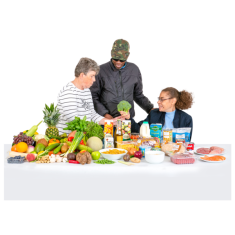
Dietitian
A dietitian supports you to choose the best foods to eat so you can be healthy.
They can help to treat medical conditions.
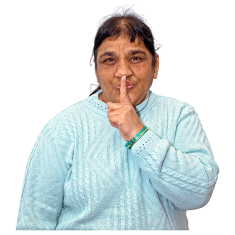
Dignity
Dignity is to
- Treat you with respect
- Give you as much privacy

Discharge
Discharge usually means when you leave hospital.

Discharge plan
A discharge plan lists the treatment and supports you will get when you go home.
A discharge plan is sometimes called a transfer of care plan.
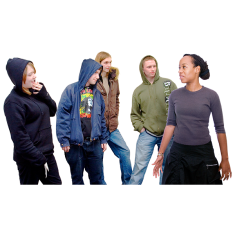
Discrimination
Discrimination is when someone is treated badly because of something about them they cannot control.

Domestic violence
Domestic violence is when someone you know hurts you or makes you feel unsafe.
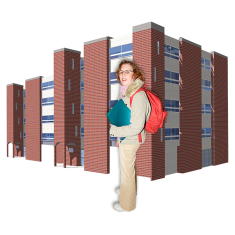
Educational supports help people with disability to study.

Emergency accommodation
Emergency accommodation is for people who have nowhere to live and need somewhere to stay.
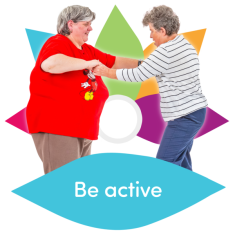
Exercise physiologist
An exercise physiologist supports you with your health and fitness using exercise.
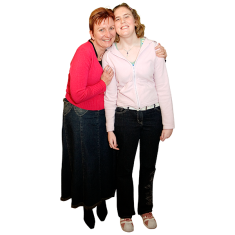
Family advocate
Family advocates are members of your family who speak up for your rights.

Feelings diary
A feelings diary is a place where you can note down your thoughts and feelings.

Financial support
Financial support means support around money issues.
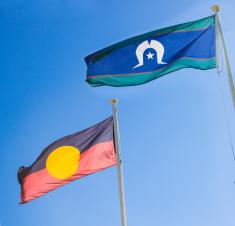
First Nations peoples
First Nations peoples are the Aboriginal and Torres Strait Islander peoples.

Gambling
Gambling is when you play games for the chance to win money.

Gay
Gay means men who are attracted to other men.
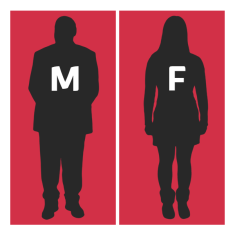
Gender identity
Your gender identity is about if you feel like a man or a woman.
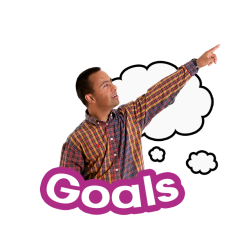
Goal
A goal is something you want and take steps to reach.
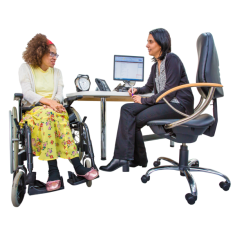
GP
A GP is the doctor that you see when you
- Are sick
- Need a health check
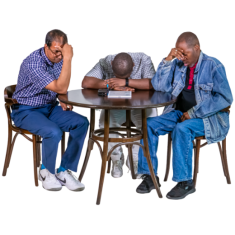
Grief
Grief is when you have lots of different feelings when someone dies.

Guardian
A guardian is a person who helps you make decisions about parts of your life when you cannot make decisions by yourself.
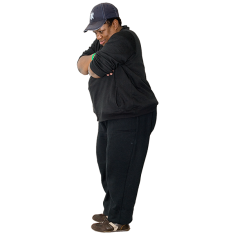
Guilt
Guilt is feeling worried because you have done or think you have done something wrong.
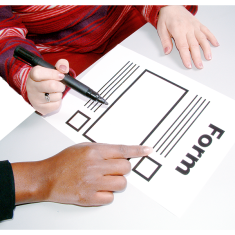
Health Care Complaints Commission
The Health Care Complaints Commission is a government service that looks into complaints people make about their health care.
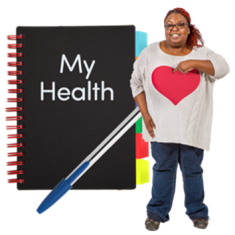
Health passport
A health passport is a list of important information about you and your health.
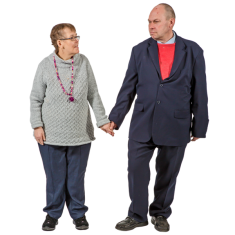
Heterosexual person
A heterosexual person is
- A woman who is attracted to men
or
- A man who is attracted to women

Higher education
Higher education is when you study after you finish school.
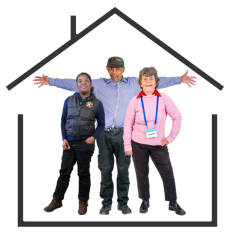
Home care teams
Home care teams provide care to people in their homes.
Home visit
A home visit is when mental health workers visit people in their homes.
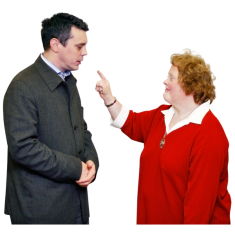
Hospital complaints officer
The hospital complaints officer is a person who helps you to make a complaint.
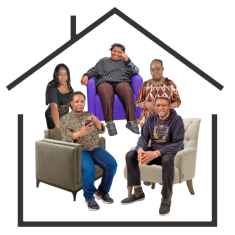
Housemates
Housemates are people who live in the same home as you.
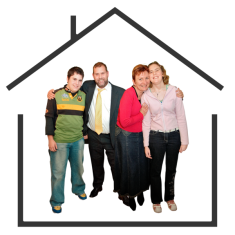
Individual housing
Individual housing means you live in a home on your own or with family.
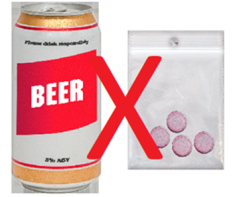
Illegal drugs
Illegal drugs are ones that the law does not allow you to have.

Independent
Independent means that you can make your own choices and do some things on your own.
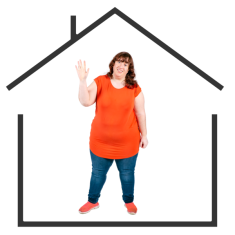
Individual Living Options
Individual Living Options provides supports that are right for you in your own home.
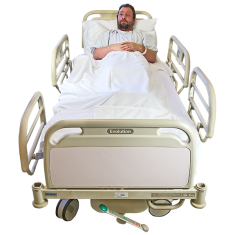
Inpatient
Being an inpatient means you stay in hospital for one or more nights.
Inpatient unit
An inpatient unit is part of a hospital.
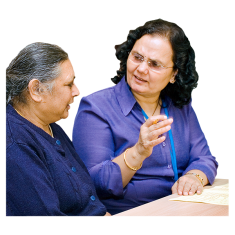
Interpreter
An interpreter is a person who changes words from your language to a language someone else understands.
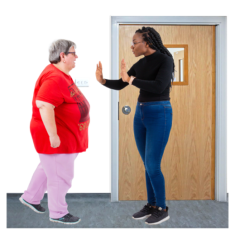
Involuntary patient
If you are an involuntary patient you must stay in hospital for mental health treatment until you are well enough to go home.
It is not your choice when you can leave.
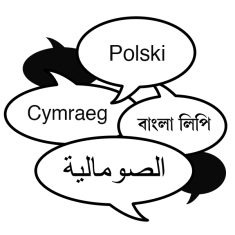
Language
Language is a way of communicating that is used by a country or community.
Some examples of other languages are
- Vietnamese
- Arabic
- Cantonese
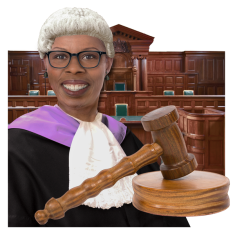
Lawyer
A lawyer is someone who knows about the laws and government rules in Australia.
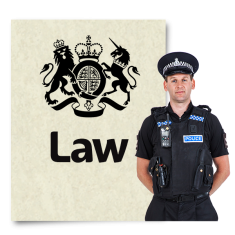
Laws
Laws are a set of rules that everyone must follow.

Legal advocates
Legal advocates are people who make sure
- Your legal rights are looked after
- You can get access to mental health services you need

Legal help
Legal help is when you need help with the law.

Legal services
Legal services support you with things to do with the law.
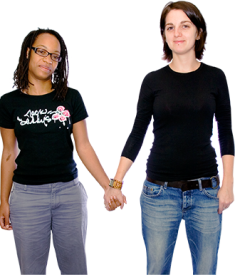
Lesbian
Lesbian means women who are attracted to women.
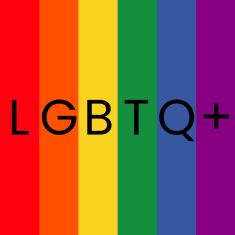
LGBTQ+
LGBTQ+ stands for lesbian, gay, bisexual, transgender, intersex and questioning.

LGBTQ+ ally
An LGBTQ+ ally is someone who supports LGBTQ+ people and speaks up for them.
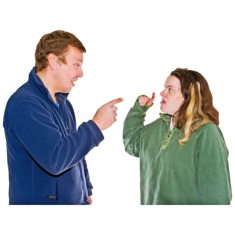
Mediation
Mediation is when a person comes to support people when they have big arguments or fights.
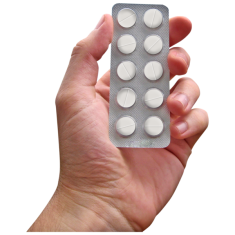
Medicine
Medicine is sometimes called medication or drugs.
Medicine can be in
- A tablet
- A pill
- A drink
- An injection

Mental health
Mental health is about
- How you think
- How you feel
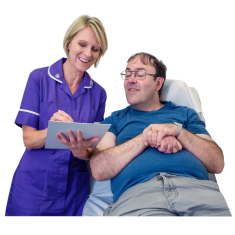
Mental health nurse
A mental health nurse is a nurse who focuses on helping people with mental health problems.
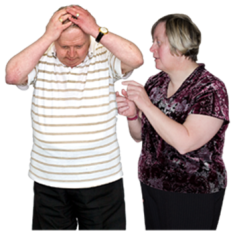
Mental health problem
A mental health problem is when your feelings start to worry you.

Mental Health Review Tribunal
The Mental Health Review Tribunal is a group of people who know a lot about mental health treatment and the law.
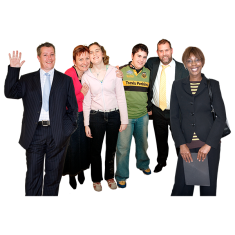
Mental health team
A mental health team is a group of people who support your mental health care.
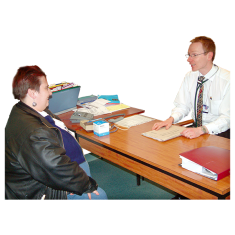
Mental health worker
Mental health workers are people who work to help you with your mental health.
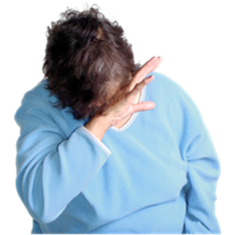
Mental illness
Mental illness is when your feelings and thoughts make it hard to do things.
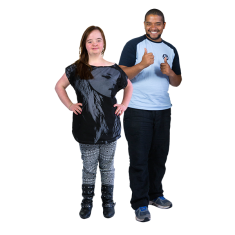
Mentor
A mentor is person who guides and assists you.
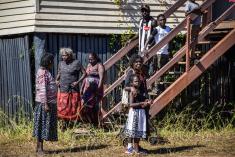
Mob
Mob is used to mean a group of First Nations people.
It might be your family and the communty from your land.
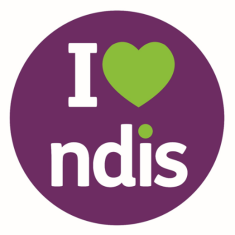
NDIS
NDIS is short for National Disability Insurance Scheme.
NDIS plan
Your NDIS plan says what supports you need.

Negative view
A negative view is when you think something is bad.
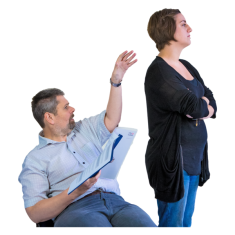
Neglect
Neglect is when someone who is meant to be supporting you does not give you the care you need.
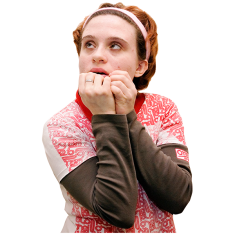
Nervous
To be nervous is when people feel worried about something that is happening or might happen.

Nutritionist
A Nutritionist supports people to choose the best foods for them so that they are healthy.
Nutritionists do not treat medical conditions like dietitians.
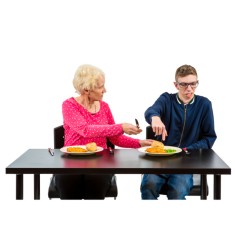
Occupational therapist
Occupational therapists support people to take part in daily activities and support them to learn new skills.
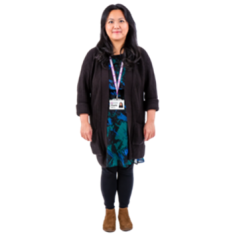
Official Visitor
Official Visitors make sure people who are getting mental health care are treated well.
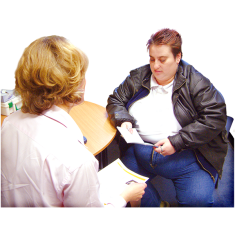
Outpatient
You are an outpatient if you visit a clinic or hospital for treatment but do not stay overnight.
Outpatient clinic
An outpatient clinic is usually in or near a hospital.

Partner
Your partner could be your boyfriend or girlfriend, husband or wife.
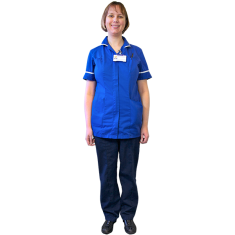
Patient Liaison Officer
A Patient Liaison officer works in a hospital.
A Patient Liaison Officer can
- Answer your questions
- Help you with any concerns you have about your stay in hospital

Peer advocates
Peer advocates are people who also have a disability or mental health problem and advocate for others.

Peer worker
A peer worker is someone who has a lived experience of mental health problems, disability or both.
Peer support
Peer support is when you get support from someone who has lived experience of mental health, disability or both.
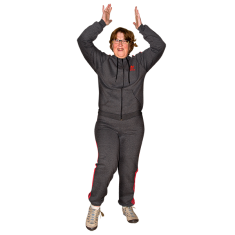
Physical health
Physical health is about how
- Your body feels
- Well your body is doing what it is supposed to
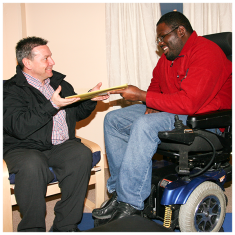
Power of attorney
A Power of attorney is a legal document that says someone can
- Look after your money
- Make legal decisions for you
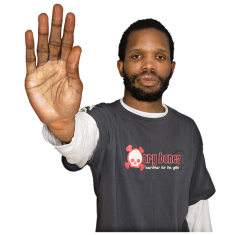
Prevention
Prevention means to stop something from happening.
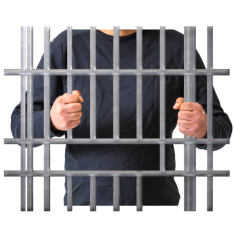
Prisons
Prisons are places where some people stay if they have broken the law.

Privacy
Privacy means other people cannot see or hear things about you that you do not want them to know.
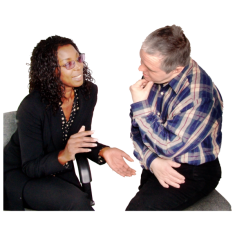
Private psychiatrists
Private psychiatrists are psychiatrists who work for themselves.
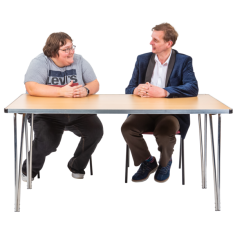
Professional advocates
Professional advocates are people who are paid to advocate for others.

Psychiatrist
A psychiatrist is a doctor who helps you with your mental health using talking and medicine.

Psychologist
A psychologist helps you with your mental health by talking with you.
Psychologists help you find things you can do to feel better.
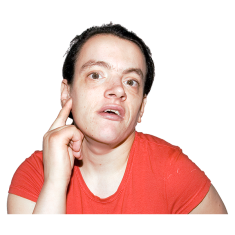
Psychosis
Psychosis is when people might find it hard to tell what is real.

Psychosocial disability
The NDIS calls disabilities that happen because of mental illness a psychosocial disability.

Psychotherapist
A psychotherapist helps with mental health by using talking therapies to help you learn ways to cope with stressful things in your life.
A psychotherapist is often a
- Psychologist
- Psychiatrist
- Counsellor
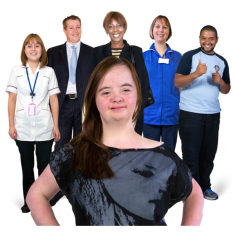
Public community mental health services
Public community mental health services are free services and programs that support people with mental health problems.

Public service jobs
Public service jobs are when you work for the government.
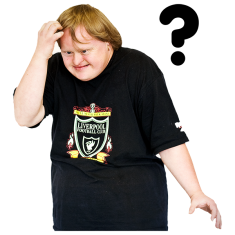
Questioning
Questioning is if you feel that you might not be heterosexual but you are not sure.

Racism
Racism is when people discriminate against you because of your culture or background.

Rebate
A rebate means you get some money back after paying for your treatment.
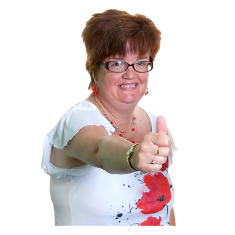
Recovery
Recovery means getting better so you can do the things you want to do.
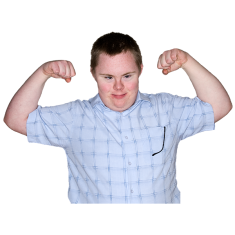
Recovery approach
A recovery approach builds on your strengths.
This means you can get well to do the things you want to do.

Recovery goals
Your recovery goals are what you would like to be able to do when you feel better.

Referral
A referral is when someone suggests you see a worker who can support you.
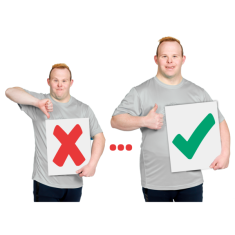
Rehabilitation services
Rehabilitation services support peoples recovery.

Relationship
A relationship is a type of connection you have with a person you enjoy spending time with.

Rent
Rent is money you have to pay regularly to live in a home you do not own.

Resilience
Resilience is your ability to cope when
- Things change
- You have had hard times
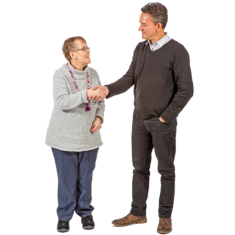
Respect
Respect means that health workers must listen to
- What you want
- What is important to you
Rights
Rights are rules about how everybody should be treated fairly.
A right is something everyone has.
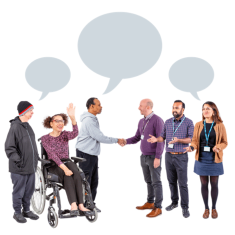
Royal Commission
A Royal Commission means a group of people who
- Listen to the experiences of people with disability
- Tell the government how to make things better

Safety
Safety means you have a right to health care that will not hurt you.

Scheduled
Being scheduled is when you must stay in hospital for mental health treatment.
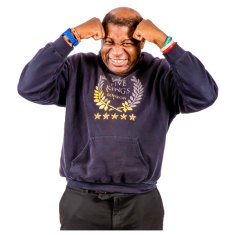
Schizophrenia
Schizophrenia is a type of psychosis.
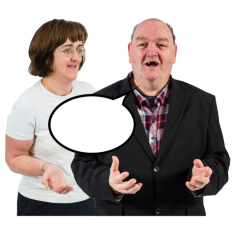
Self-advocate
A self-advocate is someone who speaks up for themselves.

Self-care
Self-care means doing things to look after yourself and feel well.
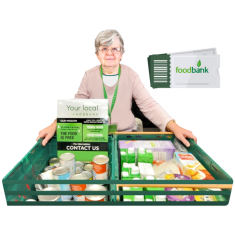
Sense of meaning
A sense of meaning gives us a feeling of
- Being part of something
- That life is useful and valuable

Sexual health
Sexual health means taking care of the parts of your body involved in sex.

Sexual identity
Your sexual identity is about who you like and want to have sex with.

Sexual violence
Sexual violence is when someone forces somebody to do a sexual activity when they do not want to.

Shared housing
Shared housing is where you live in a house provided by a disability provider with other people.
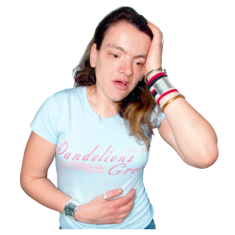
Side effect
A side effect is an unpleasant effect of medicine on your body or thinking.
A side effect can make you feel unwell.
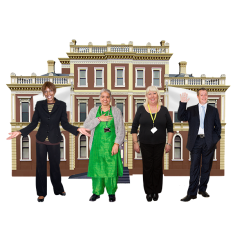
Social services
Social services are government services such as the
- Child welfare system
- Housing support
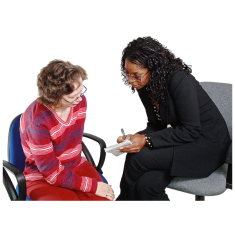
Social worker
A social worker is a mental health worker who helps you find the support you need to stay well.
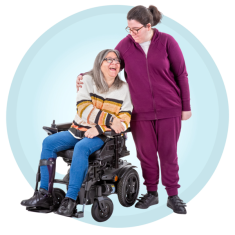
Social skills
Social skills are the skills you use to communicate with other people.

Specialist Disability Accommodation
Specialist Disability Accommodation is for people with very high support needs.

Specialists
Specialists are people who know a lot about intellectual disability.

Specialist support coordinator
A specialist support coordinator is someone who helps people with complex needs get the right supports.
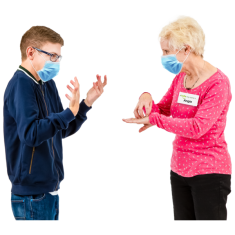
Speech pathologist
Speech pathologists support people who have problems with communication.

Spirituality
Spirituality is a way of understanding life and connecting with others.
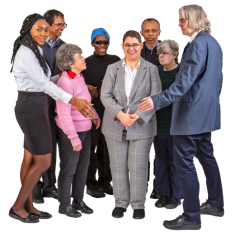
Social network
A social network is all the people around you who can support you.

Suicide
Suicide is when you kill yourself on purpose.
If you want to kill yourself call 000 now to talk to someone who can help you.
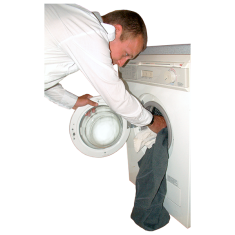
Supported Independent Living
Supported Independent Living provides supports for daily life skills and transport for you if you live in your own home.
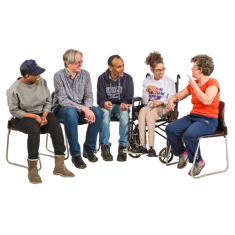
Support group
A support group is a small group of people you meet with to communicate about mental health.
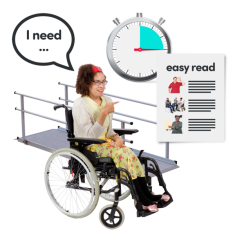
Support needs
Support needs means you need support with different things in your life.
Support needs are sometimes called complex needs.
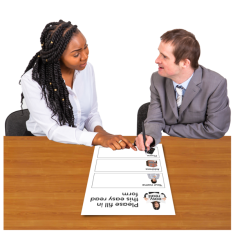
Support person
A support person supports people with intellectual disability to
- Have all their rights met
- Fully participate in processes of the criminal justice system

TAFE
TAFE is somewhere you can study and learn skills.

Talking therapy
Talking therapy is when you communicate with a mental health worker to learn ways to cope with how you think or feel.
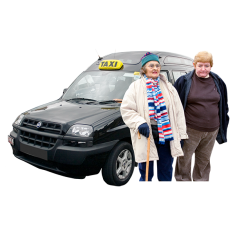
Taxi Subsidy Scheme in NSW
The Taxi Subsidy Scheme in NSW means you pay less for taxi travel.
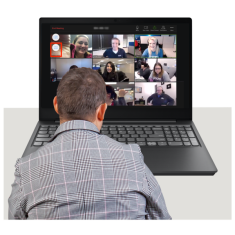
Teleconferencing
Teleconferencing allows you to see and communicate with people online.
You can use programs like Zoom to teleconference.
You may also hear people call this telehealth.
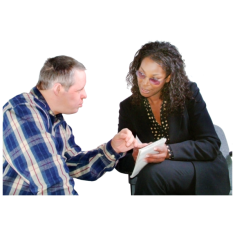
Therapies
Therapies are activities your mental health workers use to support your mental health.
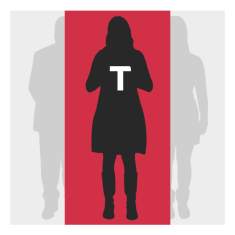
Transgender
Transgender means people who are now a different gender to the one that they were given when they were born.
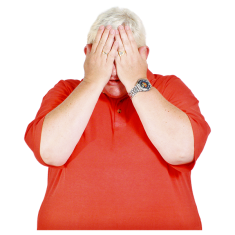
Trauma
Trauma is when something has happened to you that made you very frightened or very upset.

Treatment
Treatments are things that can help you feel better.
Treatments can be therapies and medicine.
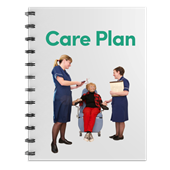
Treatment plan
A treatment plan is a list of things you can do to help you get better.
A treatment plan is sometimes called a care plan.
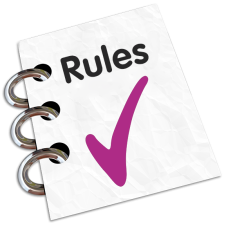
United Nations Convention on the Rights of Persons with Disabilities
The United Nations Convention on the Rights of Persons with Disabilities is a set of rules.
Australia and many other countries have agreed to these rules.
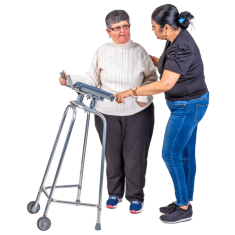
Very high support needs
Very high support needs means that you need someone to support you every day.
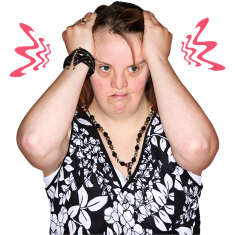
Very mentally unwell
You are very mentally unwell when you cannot cope with your feelings and thoughts.
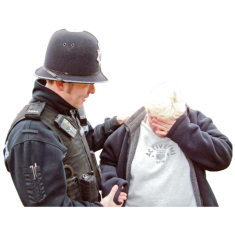
Victim
A victim is someone who has had something bad happen to them because of a crime.
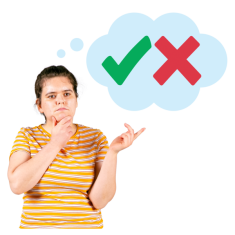
Voluntary patient
You are a voluntary patient if you decide to go to hospital for mental health treatment.

Volunteer
When you volunteer you give your time to help someone.
You do not get paid for your help.
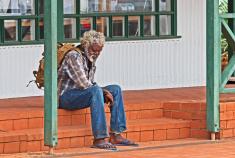
Weakened spirit
A weakened spirit is the feeling of weakness that might happen when your needs are not met.
Needs might be
- Spiritual
- Physical
- Social
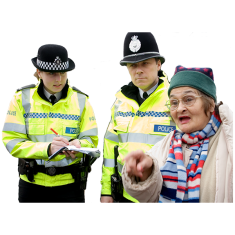
Witness
A witness is someone who saw or knew someone was breaking the law.

Yarning circle
A yarning circle is when you meet with others to communicate openly about things important to you.
Others will not judge what you communicate in a yarning circle.